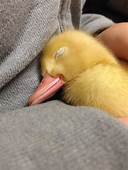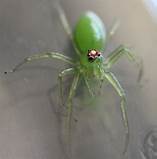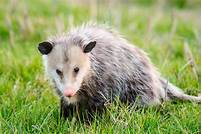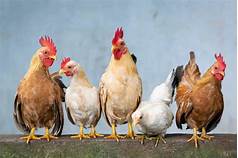Where to Buy a Pet Duck
Ducks make great pets for people of all ages. They are relatively easy to care for, and they can provide hours of entertainment. If you're thinking about getting a pet duck, here are a few things you need to know.

Where to Buy a Pet Duck
There are a few different places where you can buy a pet duck.
1. Pet stores: Many pet stores sell ducks, both young and adult. The advantage of buying a duck from a pet store is that you can see the duck in person before you buy it. However, pet store ducks can be more expensive than ducks from other sources.
2. Online retailers: Several online retailers sell pet ducks. The advantage of buying a duck from an online retailer is that you can often find a wider selection of ducks than you would at a pet store. However, you won't be able to see the duck in person before you buy it.
3. Breeders: You can also buy a pet duck from a breeder. The advantage of buying a duck from a breeder is that you can get a duck that has been raised in a healthy and safe environment. However, breeder ducks can be more expensive than ducks from other sources.
What to Look for When Buying a Pet Duck
When you're buying a pet duck, there are a few things you should look for.
1. Health: The duck should be healthy and active. It should have bright eyes, a clear bill, and a clean vent. The duck should also be free of any signs of illness, such as sneezing, coughing, or diarrhea.
2. Temperament: The duck should be friendly and easy to handle. It should not be aggressive or shy.
3. Age: The duck should be at least 8 weeks old. Younger ducks are more likely to get sick and die.
How to Care for a Pet Duck
Ducks are relatively easy to care for, but there are a few things you need to do to keep your duck healthy and happy.
1. Housing: Ducks need a safe and secure place to live. The duck house should be at least 4 feet wide by 6 feet long and 3 feet high. The duck house should be made of a sturdy material, such as wood or plastic. The duck house should also have a door that can be closed at night to keep predators out.
2. Food: Ducks eat a variety of foods, including duck pellets, cracked corn, and vegetables. You should feed your duck a diet that is high in protein and low in fat. You should also give your duck plenty of fresh water.
3. Exercise: Ducks need to get regular exercise. You should let your duck out of the duck house for at least 30 minutes each day. The duck can get exercise by walking, swimming, or flying.
4. Grooming: Ducks need to be groomed regularly. You should brush your duck's feathers once a week. You should also trim your duck's nails as needed.
5. Veterinary care: Ducks should see a veterinarian for regular checkups. The veterinarian can help you keep your duck healthy and free of disease.
Declaration: All article resources on this website, unless otherwise specified or labeled, are collected from online resources. If the content on this website infringes on the legitimate rights and interests of the original author, you can contact this website to delete it.






